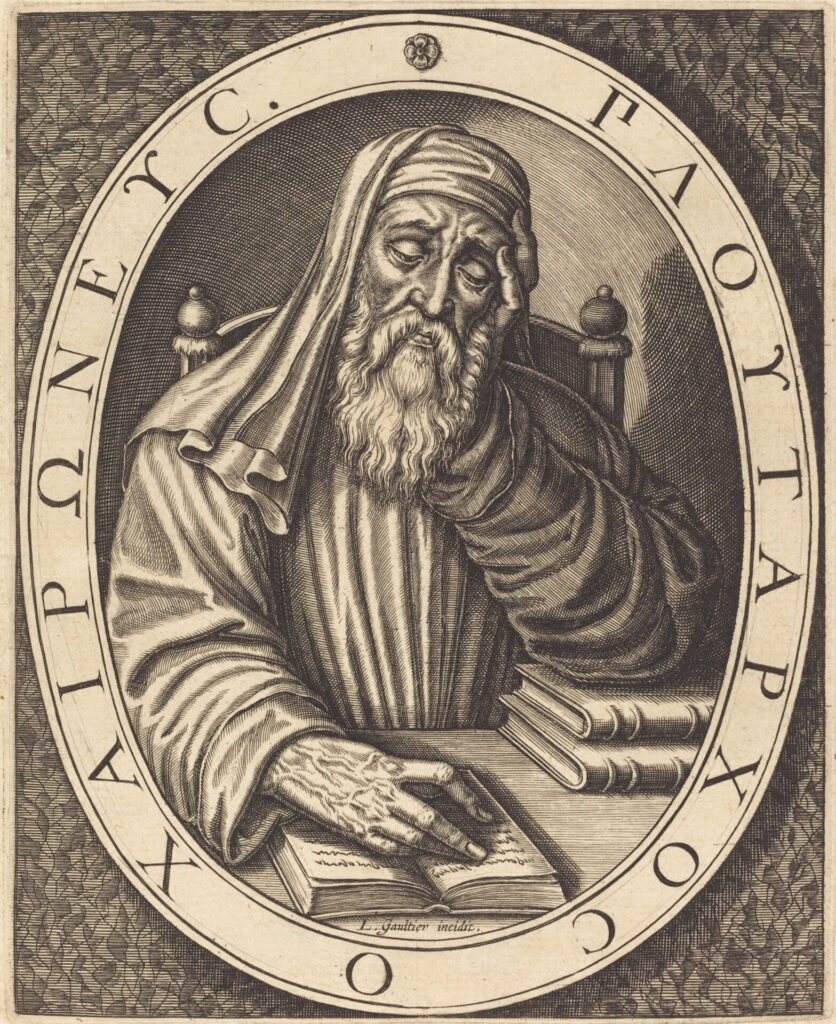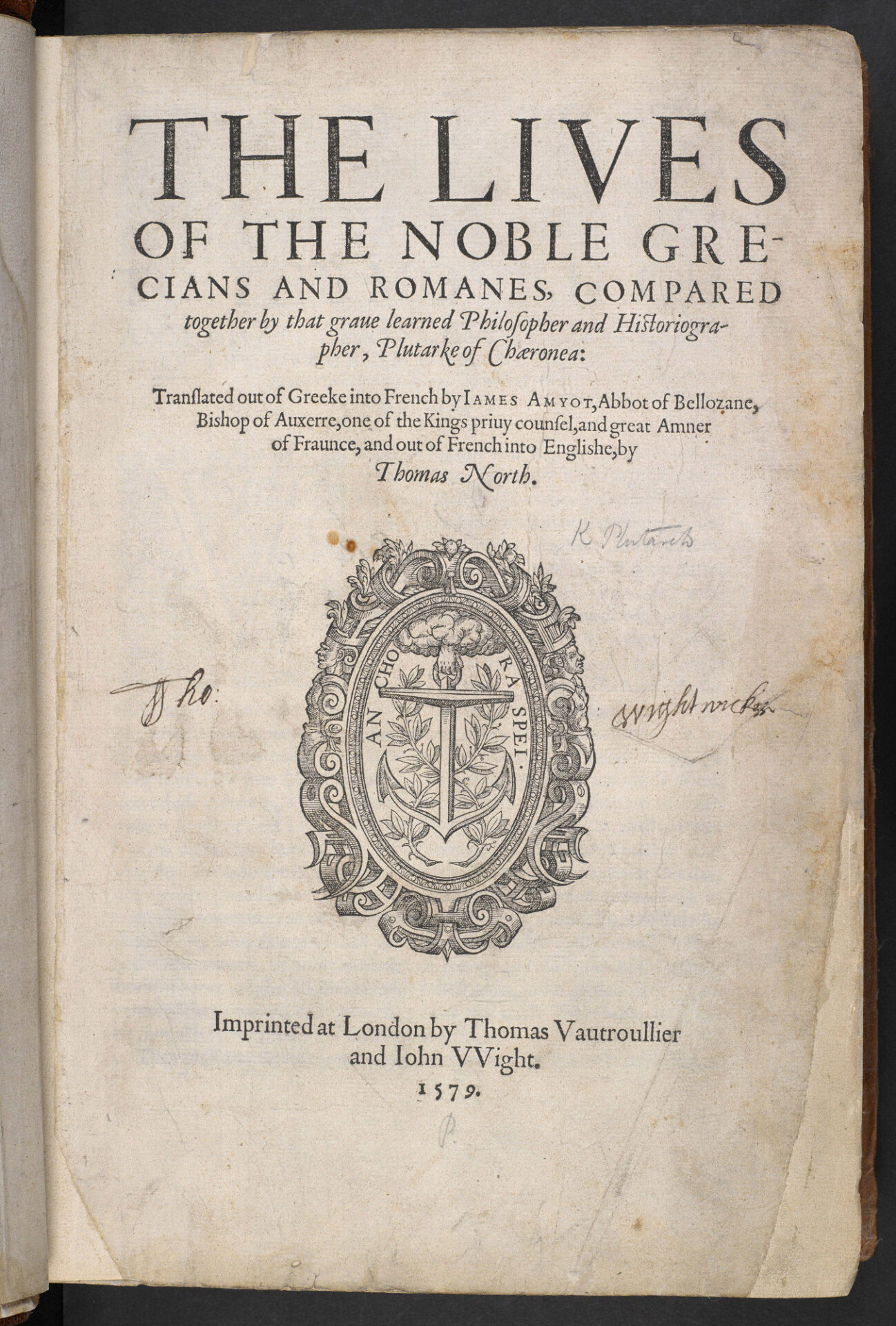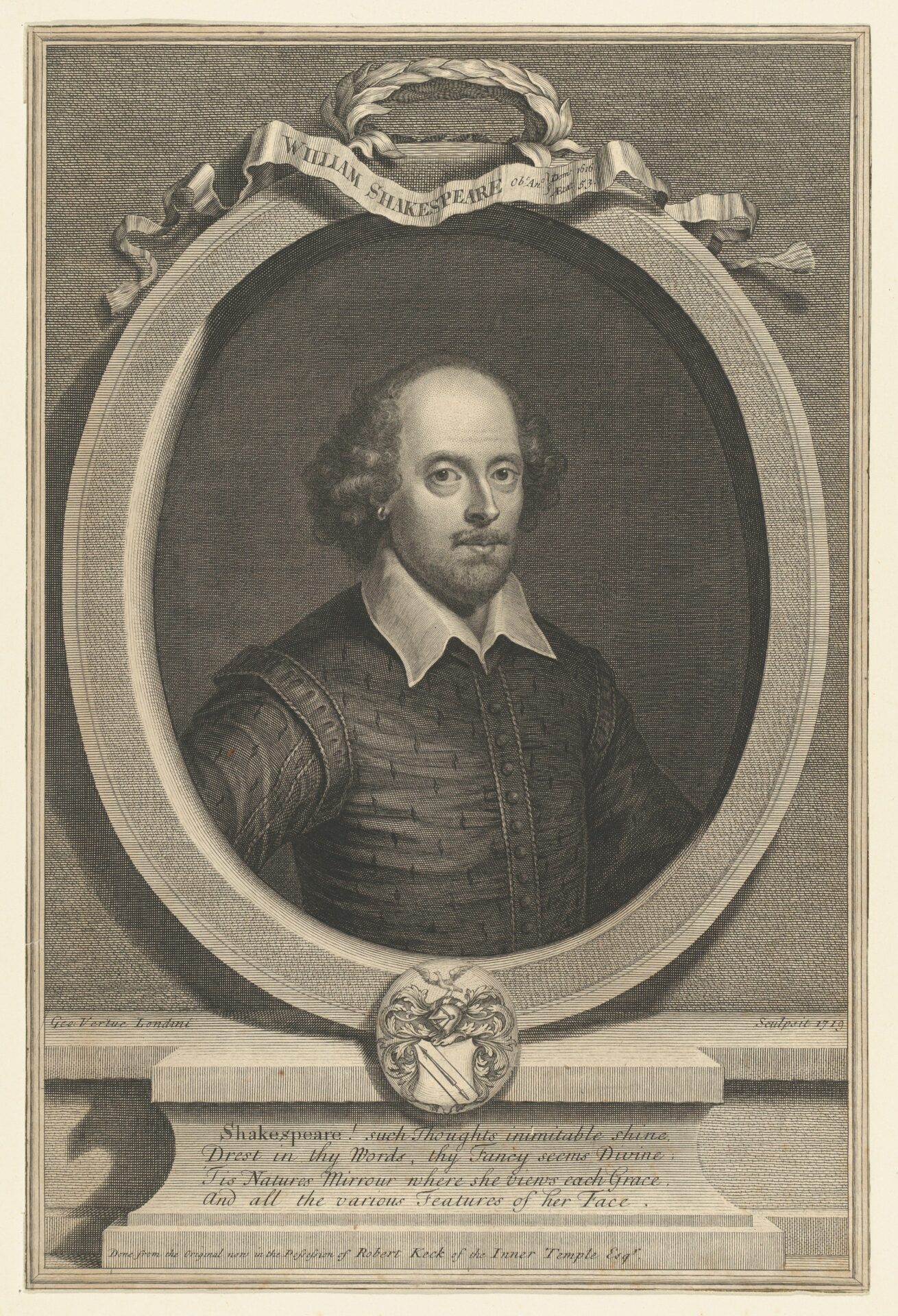Plutarch is even today one of the most influential voices from antiquity, whose work has passed the test of time for nearly two millennia. Best known for Parallel Lives and the Moralia, Plutarch blended biography, philosophy, history, and moral instruction into an accessible and engaging form that inspired readers from the Renaissance to today. As both a Greek historian under Roman rule and a philosopher steeped in classical traditions, Plutarch’s writings are more than just historical accounts. His work continues to be essential reading for every historian and also in the study of literature and philosophy.

Life
Plutarch was born around AD 46 in the small town of Chaeronea in Boeotia, central Greece. This city is still famous for the battle between Philip II of Macedonia and the Greeks. Although not being a member of the rich class, he was well-educated, and his family provided Plutarch a chance for an intellectual career. He studied in Athens, where he found himself captivated with philosophy, especially Platonic thought, as well as rhetoric and ethics—fields that would mark his career.
Living under Roman rule, Plutarch maintained a deep pride in his Greek heritage while also developing admiration for Roman culture. He can be considered the perfect blend between these two similar cultures. He traveled extensively, including at least one visit to Rome, where he met Roman officials and scholars. Still, he remained Greek for all of his life and never became part of the Roman elite. Instead, he worked for his hometown and the sanctuary of Delphi, becoming a priest of Apollo at the Delphic Oracle.
Major Works and Literary Style
Plutarch’s two most significant works are definitely the Parallel Lives and the Moralia.
Parallel Lives pairs biographies of famous Greek and Roman figures—such as Alexander the Great with Julius Caesar, or Lycurgus with Numa Pompilius—to explore their virtues, flaws, and the ethical lessons drawn from their lives. These paired lives are followed by a brief comparison essay, written and commented on by Plutarch. Far from simple chronicles, these biographies emphasize character, decision-making, and the impact of personal virtue on public life.
He didn’t want to be only someone who writes what happened, he wanted to analyze and explain why something happened, especially in his speeches that are told through the characters in the works. Plutarch’s purpose was not just to recount history, but to inspire moral reflection. Sadly, large portions of the work are lost.
The Moralia is a diverse collection of over 70 essays and dialogues covering topics like ethics, politics, education, religion, superstition, and friendship. Some essays, such as On the Delays of the Divine Vengeance or How to Tell a Flatterer from a Friend, reflect practical moral concerns. Others, like On the Face in the Moon, dive into cosmology and theology. These essays largely differ from each other but are still similar and give moral lessons to the people. Together, they offer a window into Plutarch’s broad curiosity and moral preoccupations.
His writing style is didactic but not dogmatic. He favored anecdote and narrative over abstract theorizing. His Greek prose is elegant, rich in quotations and references. Probably the main advantage of Plutarch’s writing is that, although it was intended for educated readers, it is favored and easy to read for everyone.

Thoughts
Plutarch’s thinking was from his early days deeply shaped by Platonism, although his writings also show the influence of Stoicism and Aristotelian ethics. Unlike more systematic philosophers, Plutarch focused on practical morality and civic virtue, and that’s why he is so relatable for many. He viewed the cultivation of character as the key to a good life, both for individuals and society.
He believed that reason and virtue were the cornerstones of human society and a path to the golden age. Plutarch often highlighted the dangers of excess, promoting the classical ideal of modesty. He admired traditional religion but interpreted myths allegorically, making room for a rational understanding of the divine.
Rather than promoting rigid philosophical doctrines, Plutarch aimed to offer ethical insight through the lived examples of others. His approach makes his works as much moral instruction as they are intellectual exercises. Simply said, he wanted to show others what’s write and what’s wrong.
Influence on Other Great People
Plutarch’s impact started to emerge again after the Dark Ages, especially during the Renaissance and Enlightenment. Rediscovered in the 15th century and widely translated, Parallel Lives was some kind of guidebook for humanists who wanted to live the life of virtue. And for the historians, the rediscovery was a gift from the heavens, bringing light to the Roman and the Greek history as well.
Perhaps most famously, Plutarch’s biographies deeply influenced William Shakespeare. English translation of Parallel Lives from 1579 served as a source for several of Shakespeare’s Roman plays, including Julius Caesar, Coriolanus, and Antony and Cleopatra. Entire scenes and speeches in these works are adapted almost exactly from Plutarch’s text, showing the power of his writing. And through Shakespeare, Plutarch’s works became closer and influenced an even wider audience.

In the 18th and 19th centuries, writers such as Montaigne, Ralph Waldo Emerson, and Samuel Johnson praised Plutarch’s style and moral insight. Emerson called him “a perpetual modern” and admired his mixture of ethics, history, and human psychology. Modern thinkers and educators continue to turn to Plutarch for insight into leadership, character development, and comparative civilization. Even sports coaches use parts of the speeches Plutarch wrote to boost the morale of their teams.
Criticisms
Although highly regarded, Plutarch’s work is not perfect, and there are some flaws. Scholars have long debated the historical accuracy of his biographies. His goal was not to create a strict chronology of events but to explore the moral character and inner motivations of his subjects. This focus often led him to emphasize anecdotal evidence and moral exempla over factual precision. So, some praise him for his speeches while others criticize him for that same thing.
He occasionally misinterpreted or even changed details to support a moral point. In some cases, such as the life of Theseus or Romulus, he blended history with legend. In his defence, the life of Romulus is mostly legendary. Modern historians acknowledge these limitations but also recognize that Plutarch provides great insights into the lives of Ancient Greeks and Romans and their views.
Critics also note his Hellenocentric perspective, often idealizing Greek figures and treating Romans as inheritors of Greek values. Still, he showed only genuine respect for Roman institutions and frequently praised Roman discipline and civic order. Ultimately, Plutarch is better seen as a moralist-historian, less concerned with objective truth than with ethical understanding through historical narrative.
Plutarch Today
In the 21st century, Plutarch remains a part of classical education and a must-read for every history student. His works are widely available in modern translations in almost every language in the world. Digital projects and open-access initiatives have further expanded his reach. Texts and translations of his works are available through platforms, making his writings accessible to basically anyone. In leadership and management studies, Plutarch’s thoughts on moral character and public responsibility have found new relevance.
Hello, my name is Vladimir, and I am a part of the Roman-empire writing team.
I am a historian, and history is an integral part of my life.
To be honest, while I was in school, I didn’t like history so how did I end up studying it? Well, for that, I have to thank history-based strategy PC games. Thank you so much, Europa Universalis IV, and thank you, Medieval Total War.
Since games made me fall in love with history, I completed bachelor studies at Filozofski Fakultet Niš, a part of the University of Niš. My bachelor’s thesis was about Julis Caesar. Soon, I completed my master’s studies at the same university.
For years now, I have been working as a teacher in a local elementary school, but my passion for writing isn’t fulfilled, so I decided to pursue that ambition online. There were a few gigs, but most of them were not history-related.
Then I stumbled upon roman-empire.com, and now I am a part of something bigger. No, I am not a part of the ancient Roman Empire but of a creative writing team where I have the freedom to write about whatever I want. Yes, even about Star Wars. Stay tuned for that.
Anyway, I am better at writing about Rome than writing about me. But if you would like to contact me for any reason, you can do it at contact@roman-empire.net. Except for negative reviews, of course. 😀
Kind regards,
Vladimir
